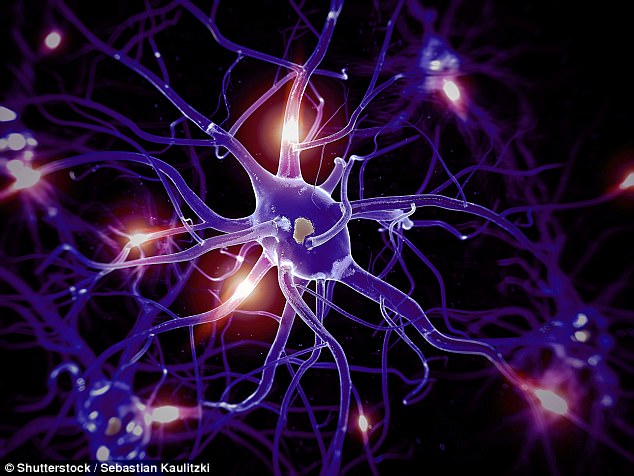Simply Looking at Food Triggers an Inflammatory Response in the Brain
The mere sight of food causes the brain to become inflamed.
The mere sight and smell of a meal cause the production of insulin even before the carbohydrates themselves enter the body. For the first time, researchers from the University of Basel and University Hospital Basel have shown that the insulin release under these conditions is reliant on a momentary inflammatory response. However, this inflammatory reaction is so strong in obese people that it can actually reduce their ability to make insulin.
The mouth-wetting response is likely the most well-known way that the body responds to eating. However, the hormone insulin, which regulates blood sugar, arrives on the scene even before we eat a bite of food. This stage is known as the cephalic (or neurally mediated) phase of insulin secretion.
Meal enhances immune response
It was unknown how the sensory experience of a meal caused the pancreas to release more insulin until this study. Researchers from the University of Basel and University Hospital Basel have finally uncovered a crucial piece of the puzzle. Interleukin 1 beta (IL1B), an inflammatory compound, is also implicated in tissue damage or the immune system's reaction to infections. The study team published its findings in the journal Cell Metabolism.
It is surprising that this inflammatory factor contributes so significantly to normal insulin secretion in healthy individuals given that it also plays a role in the onset of type 2 diabetes, claims the study's principal investigator Professor Marc Donath from the Department of Biomedicine and the Clinic of Endocrinology.
This kind of diabetes, often known as "adult-onset diabetes," develops as a result of a protracted inflammatory response that, among other things, damages the pancreatic cells that produce insulin. This is a different circumstance where IL1B is important; in this case, it is produced and secreted at extraordinarily high quantities. Clinical studies are presently assessing whether inhibitors of this inflammatory factor are suitable for use as diabetes therapy medications in light of this.
a momentary inflammatory response
Conditions are varied when it comes to neurally mediated insulin release. The microglia, which are immunological cells in the brain, are stimulated by the scent and sight of food, according to study author and internist Dr. Sophia Wiedemann. The vagus nerve and the autonomic nervous system are impacted when these cells briefly emit IL1B. This system then transmits the signal to the pancreas, which makes insulin.
However, in situations of extreme obesity, this neurally mediated step of insulin production is screwed up. According to Kelly Trimigliozzi, a doctoral candidate who collaborated with Wiedemann to carry out the majority of the study, the study was particularly affected by the first excessive inflammatory response.
Marc Donath's research indicates that IL1B is essential for controlling and linking sensory information, such the sight and smell of food, with subsequent neurally triggered insulin release.
Reference: “The cephalic phase of insulin release is modulated by IL-1β” by Sophia J. Wiedemann, Kelly Trimigliozzi, Erez Dror, Daniel T. Meier, Jose Alberto Molina-Tijeras, Leila Rachid, Christelle Le Foll, Christophe Magnan, Friederike Schulze, Marc Stawiski, Stéphanie P. Häuselmann, Hélène Méreau, Marianne Böni-Schnetzler and Marc Y. Donath, 23 June 2022, Cell Metabolism.



Comments
Post a Comment